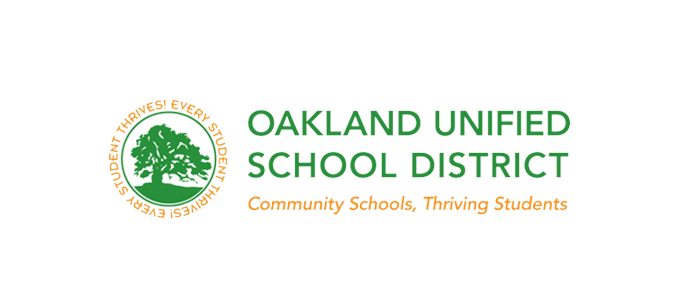
Oakland Unified School District’s restorative justice implementation guide includes templates for ‘Race & Gender Equity’ circles that focus on ‘feelings’ about race, ‘straight or heterosexual privilege,’ and ‘white privilege.’
Incidents
The Oakland Unified School District Restorative Justice programming features a document titled “restorative justice implementation guide – A Whole School Approach” that includes “Race & Gender Equity Circle Agenda Templates” focusing on “feelings” about “race,” “straight or heterosexual privilege,” and “white privilege.”
A circle template titled “Exploring Our Feelings About Race Circle Guiding Questions” tells participants to “think about a time when race had an impact on your life” and to “remember that experience for a moment.” It instructs participants to share the experience with the group, what is the “hardest thing about talking about race,” and whether they have “conversations about race” at work or school site.”
A second circle template titled “Exploring Our Feelings About Straight or Heterosexual Privilege” asks participants to “think of a time when gender/sexual orientation had an impact” on their life. The template asks the leader to probe individuals’ feelings about the experience and to share them with the group.
A final template titled “Exploring White Privilege” asks participants to define the term “white privilege” and asks if they see “white privilege in the world around” them. As part of the circle, participants are required to read and respond to Peggy McIntosh’s “White Privilege: Unpacking the Invisible Knapsack.”


As part of the guide, it instructs users to “Adopt a Social Justice Analysis” including evaluating one’s “implicit bias.” It states that while “overt racism is less common than it was in the past,” it “has not been eradicated” and when it comes to “racist views,” people are “more likely to express them unconsciously.” While individuals may reject “stereotypes on conscious levels,” their “racial prejudices are unconscious.”

A district site titled Restorative and Racial Justice offers workshops and trainings that offer “impact spaces for critical discussions on white privilege and pressing concerns of our Black, LatinX and Native American communities.”

Workshops provided to educators and staff include “Transforming Whiteness for Racial Justice: A Restorative Approach” and “Transforming White Privilege on the Path to Racial Equity.”

The site also includes a graphic titled “Restorative Justice in Education” which includes a land acknowledgement that states that the “land we live on is founded on slavery and stolen land that we have the privilege to live and work and play on is an important part of the Restorative Justice movement.” It continues: “Let the land be a reminder of the need to address the harm, collaborate with BIPOC/marginalized communities, and prevent the erasure of history and lived experiences from education.”

Stay Informed
